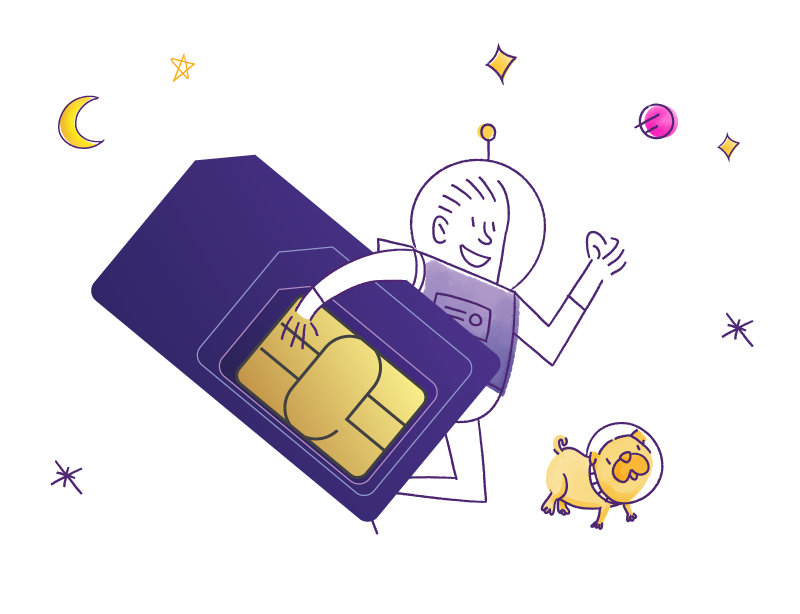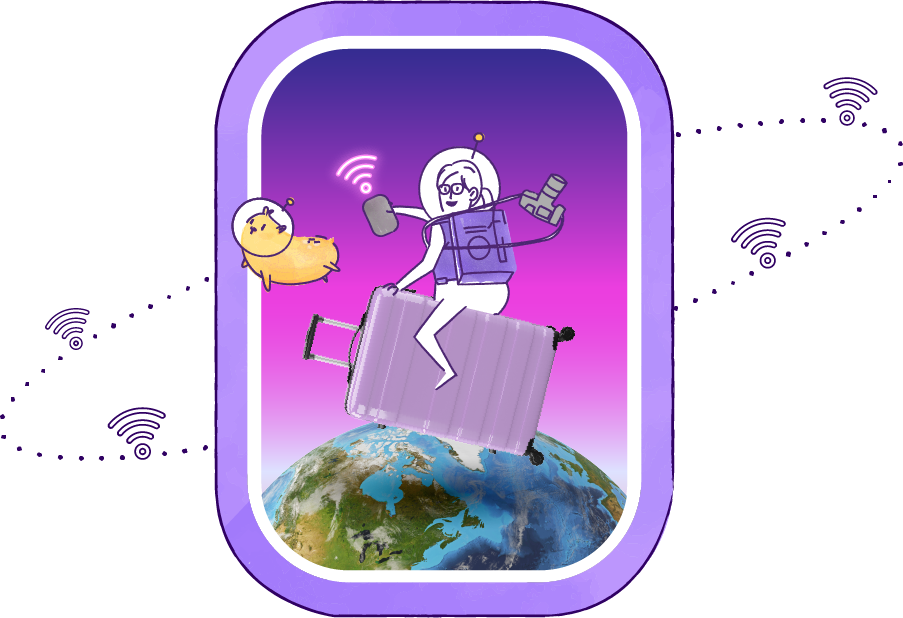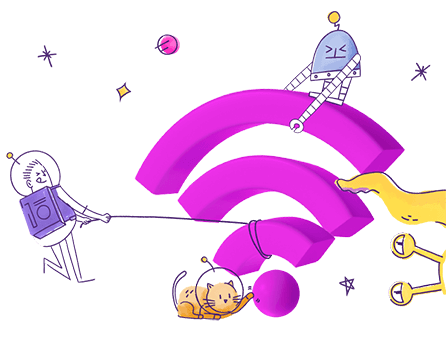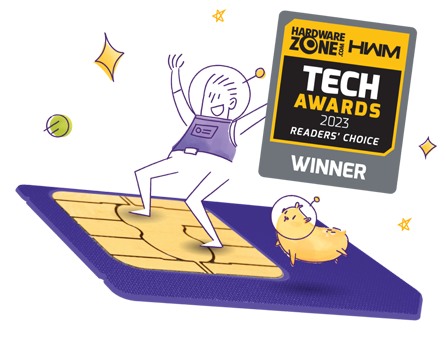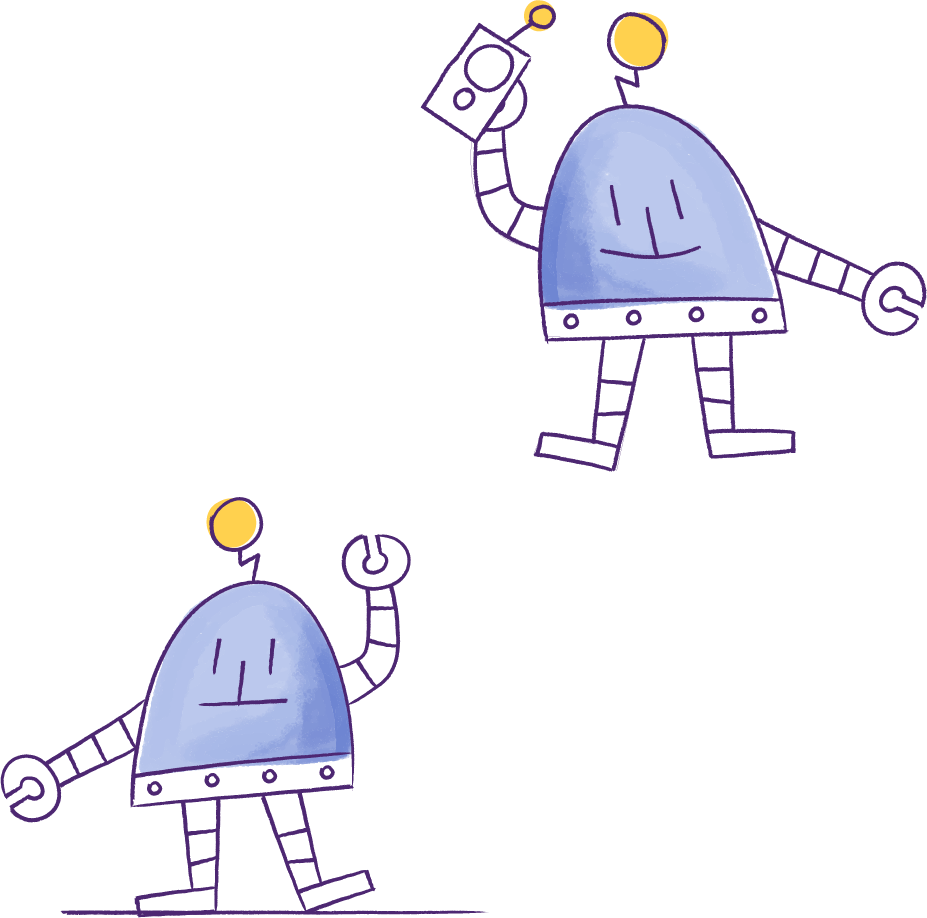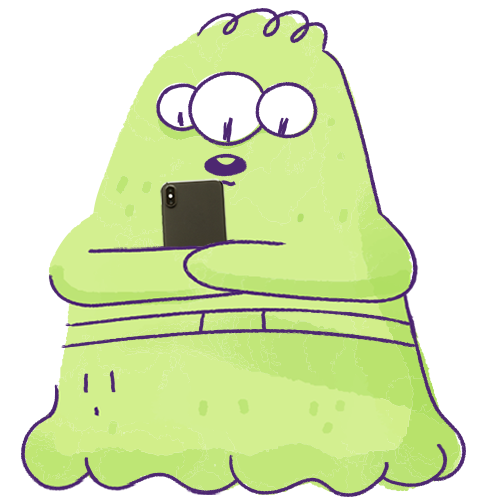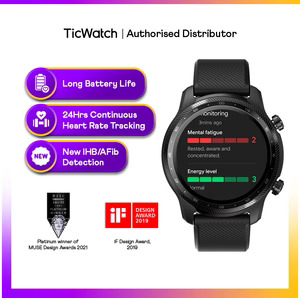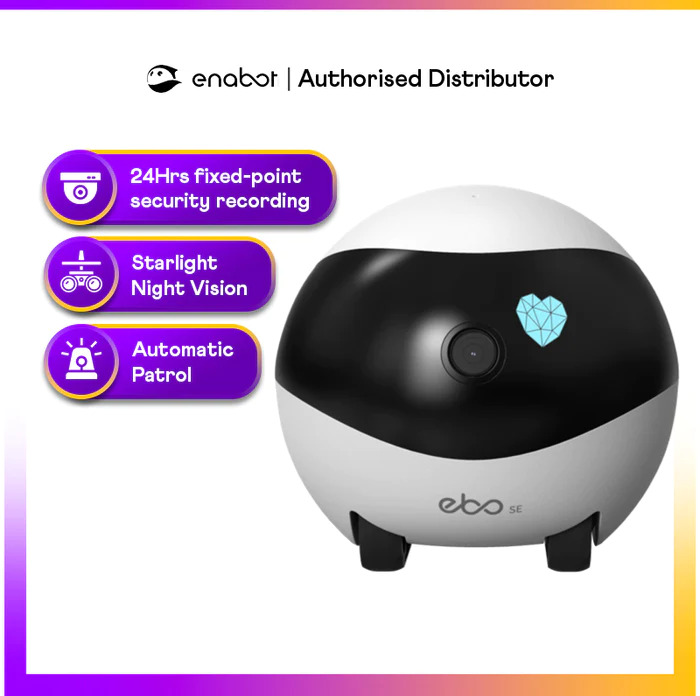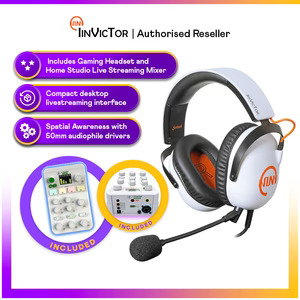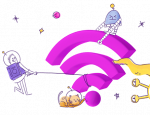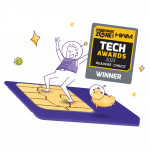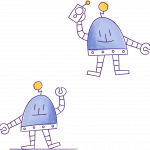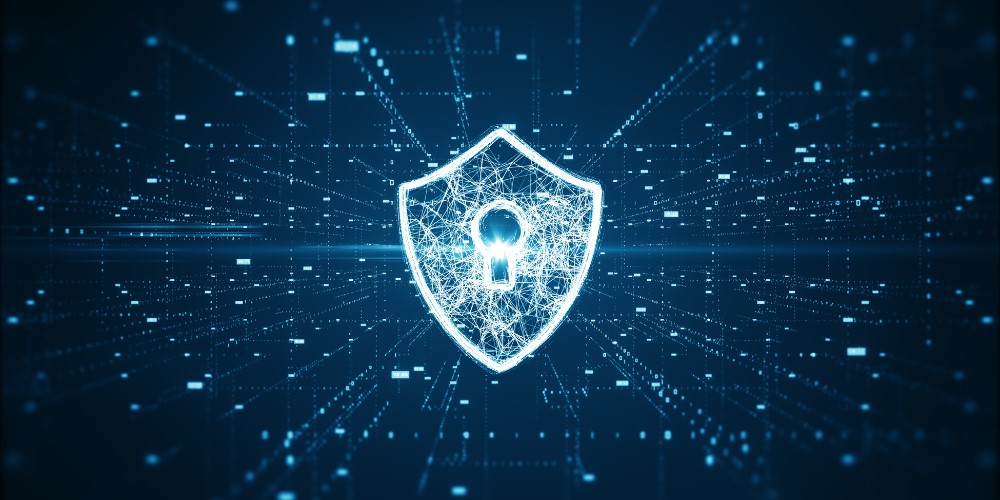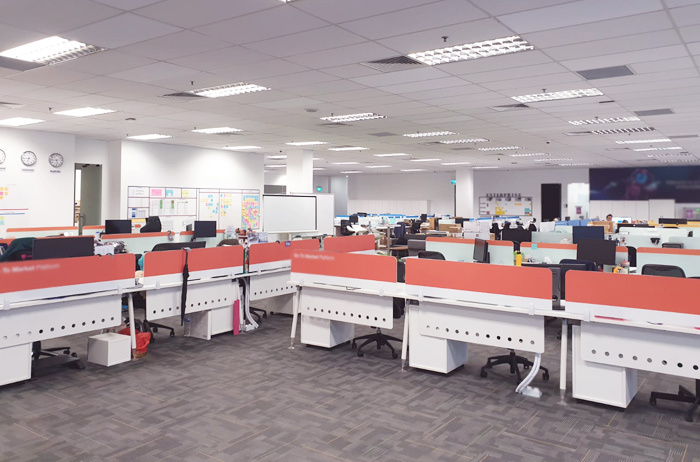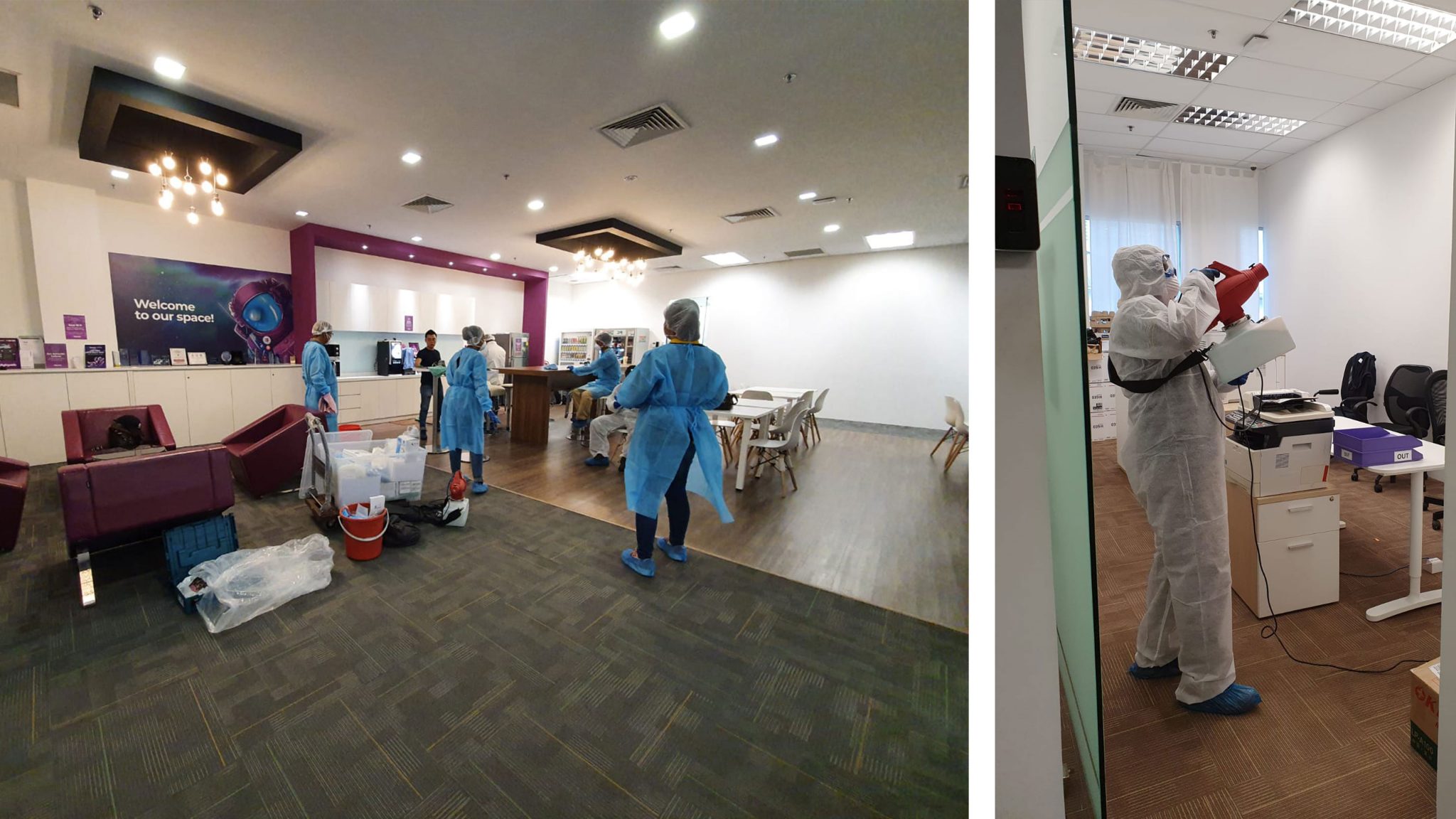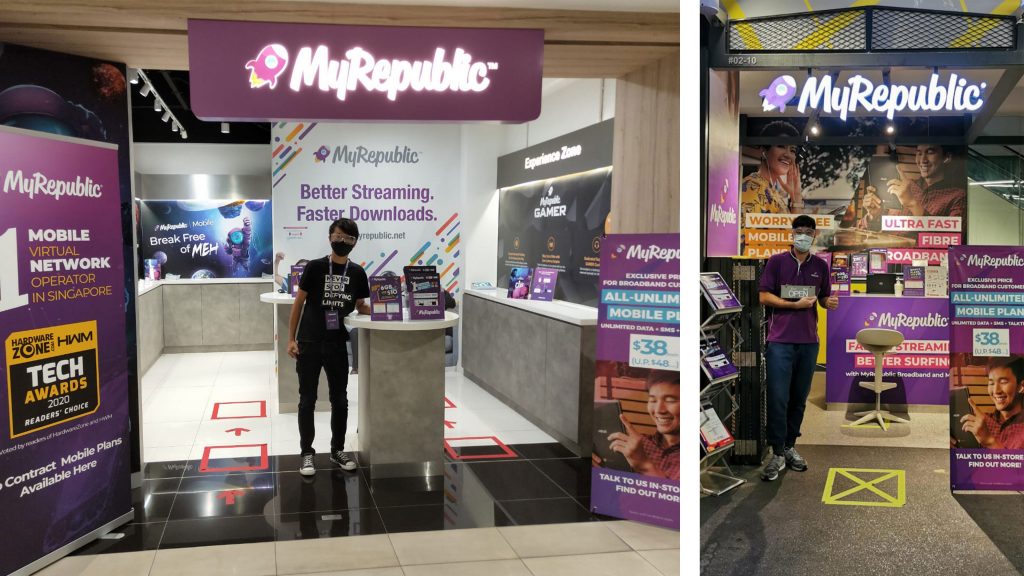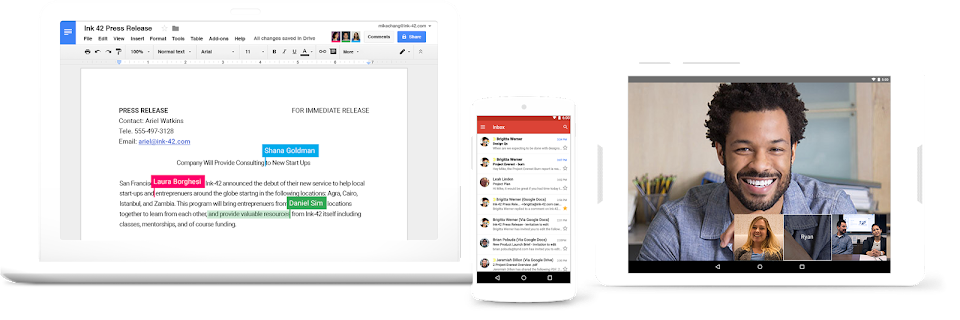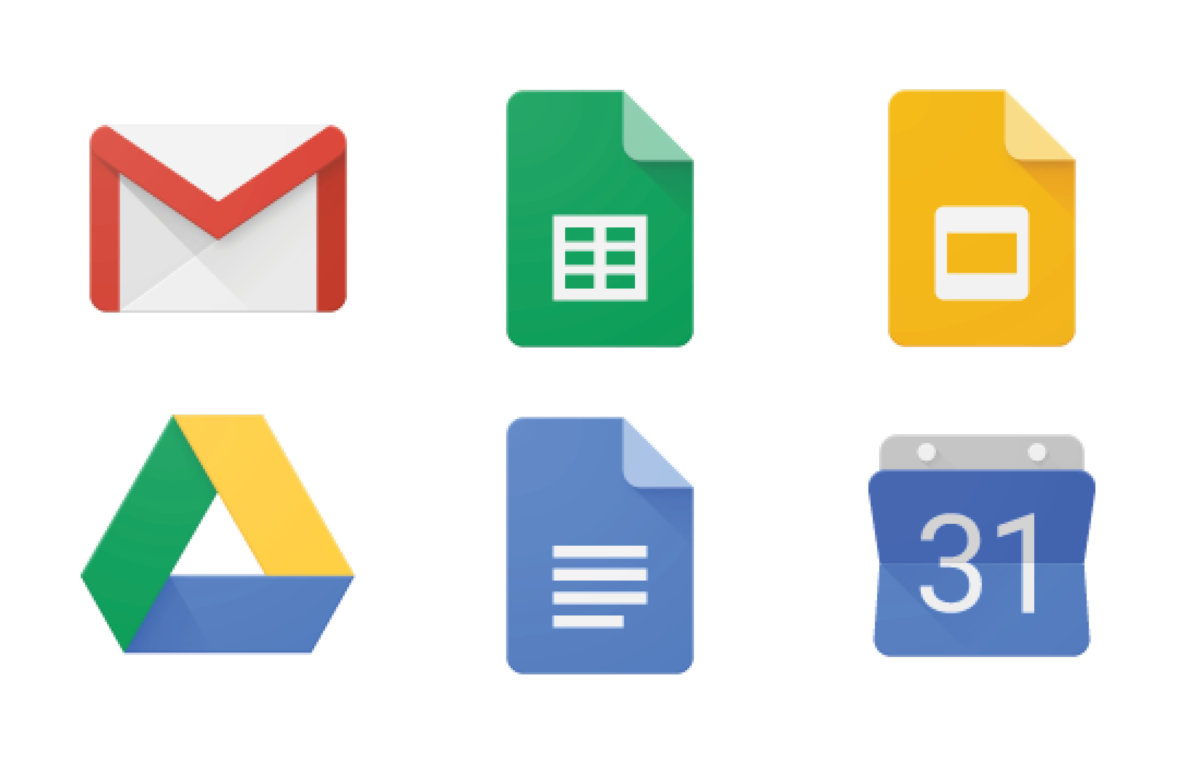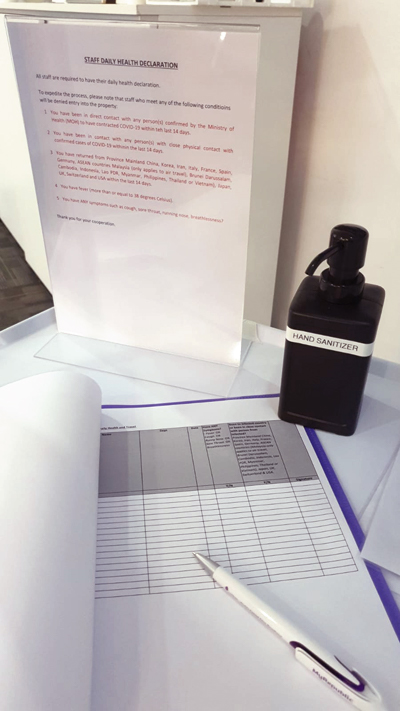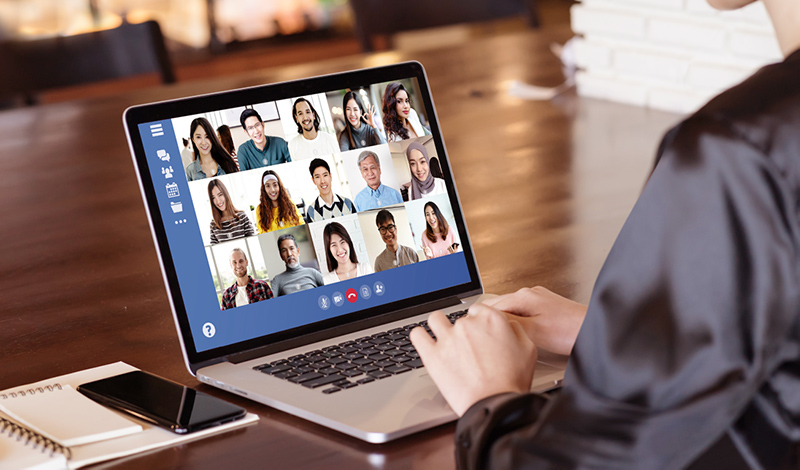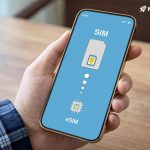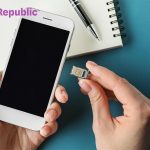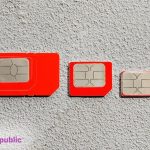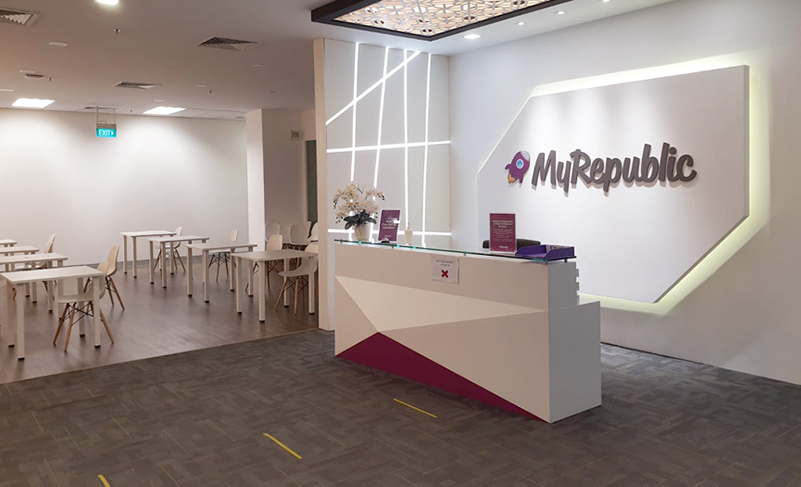
- June 1, 2020
- MyRepublic
With the telecommunications landscape dominated by large corporations, it’s no surprise many Singaporeans have the impression that our company is much bigger or older than we actually are.
While MyRepublic is a full-fledged Internet Service Provider (ISP) that provides broadband to homes and businesses as well as mobile services, for a telco we’re comparatively young and tiny: we’re just over 8 years old, with about 200 employees in our single Toa Payoh office.
Our very quiet office during the CB period.
As we navigated our way through the circuit breaker and the wider unfolding crisis of COVID-19, there have been unprecedented challenges especially due to our size and scale as a company. Smaller businesses simply do not have the bargaining power or leverage that bigger, more established ones have.
But being small also means being agile. And we at MyRepublic have always had a strong entrepreneurial streak, in addition to being digitally driven in our approach to problem solving.
Despite the uncertainty, we’ve found ways to meet these challenges, and here’s what I’ve learnt with the help of all our teams:
Stay a Step Ahead
It was a judgement call we made from the start: stay a step ahead of what was officially mandated by the government. If something was safe, we wanted to be safer. The risk of underestimating a crisis like this was too great.
Weeks before the circuit breaker kicked in, we told MyRepublic staff who had just returned from an overseas trip (or had close family or housemates who did) to work from home for 2 weeks, even if the countries they’d visited were not listed as ones at high COVID-19 risk at the time, with every effort made to accommodate them to do so. We also allowed anyone who had vulnerable family members to work from home, to minimise any sort of transmission risk.
At that time we were also already running split shifts with 2-week rotations for the larger teams and had the office disinfected with each changeover.
Disinfecting the office space
This same approach also informed how we started to stock up on protective equipment before such resources became more scarce and costly to acquire in Singapore. This equipped us to implement regular temperature checks twice a day, install air purifiers in the office, and provide hand sanitiser and surface disinfectants to everyone in the office and at our stores.
Our frontline staff equipped with protective gear
As the old adage goes: better safe than sorry. And given the circumstances of COVID-19, ‘sorry’ wouldn’t have covered the possible harm to our colleagues or customers.
Embrace the Cloud
Now we wouldn’t have been able so ready to have most of our staff working from home if we weren’t digitally equipped to do so.
As a young ISP, we’d always been open to adopting the best digital tools for our workplace, without having to deal with legacy IT systems. A few years ago, we had adopted G Suite by Google Cloud for all our offices.
G Suite includes apps such as Gmail, Google Drive, Google Docs and Calendar
At the time our focus was on getting a set of digital tools that allowed our teams to easily collaborate and work together. We wanted a solution that worked well regardless of whether teams were hot desking or had dedicated workstations.
Looking back, the move to work from home ended up being much less disruptive and costly than it could have been as none of the apps we were using had to change: we still used Gmail for emails, Google Drive to share our files, Google Calendar and Hangouts for our meetings.
Google apps
I understand that it’s not easy to move an entire business to cloud-based digital tools. You’ll need to find the right ones for your business. But with the disruptions caused by the COVID-19 pandemic, it could be a valuable opportunity for change and future productivity improvements.
Instil Community
Beyond precautionary measures and dealing with new operational limitations, what I’ve found most important was communicating to our people here that they were part of a community, with all the responsibility and care that involves.
It’s inevitable that people would have different mindsets about COVID-19: some of my colleagues were very concerned and wanted to do all they could to stem the spread of the virus; others were still doubtful about how serious the situation was or could be.
Small actions can make a difference
When we’d started to take preventative measures some staff were worried about how our productivity was going to be impacted. At the start, a few still came in even when they had a small cough or cold and we had to firmly remind them to go home.
Changing mindsets requires persistence, consistency and clear communications. Besides emails and team reminders, we set up a daily health declaration station. It was nothing fancy, basically a booth at our entrance with a simple form (and a bottle of hand sanitiser) that everyone had to individually sign when they entered the office.
At first glance you may find this tedious or ineffective. After all, there’s nothing to stop someone from lying on the form. The way I see it, the simple act of taking pen to paper is a reminder to our colleagues to pause and consider the consequences of their actions and how much attention they’re paying to their health.
I think it’s important to remind everyone that each of their actions matter, especially when it comes to each other’s safety and well-being.
Establish a New Normal
Working remotely for this extended period of time has been a new experience for most, if not all of us. These few weeks I’ve learnt how important to establish new routines and boundaries.
As we’re no longer in the office we no longer commute, which means no travel time or physical transition for our brains to get in and out of “work mode”. There’s also no set times for lunch ( no colleagues coming to your table reminding you to go eat together) and no opportunities for water cooler chat with our colleagues.
To ensure we didn’t lose that personal connection, one of the first things I did was to ask everyone to always have their video feed enabled when on a meeting call.
You don’t need to dress up for a video call, but don’t look like a slob.
Now I know some of us may find this awkward or a little inconvenient (exceptions can be made of course for technical or home issues). But at the end of the day face-to-face conversations are more engaging, lively and conducive. Looking at a static photograph just isn’t the same, and that more personal interaction is essential if we won’t be seeing our teammates for months.
It’s also helpful for teams to establish new routines like regular morning calls where a whole team checks in. These may not have been necessary in the office where we had the luxury of walking to each other’s desks anytime but this is the new normal.
These daily calls don’t have to be entirely about work or overly formal, they’re more about establishing a new morning routine and adding structure to one’s day, as well as giving us an opportunity to catch up with our coworkers.

